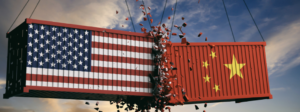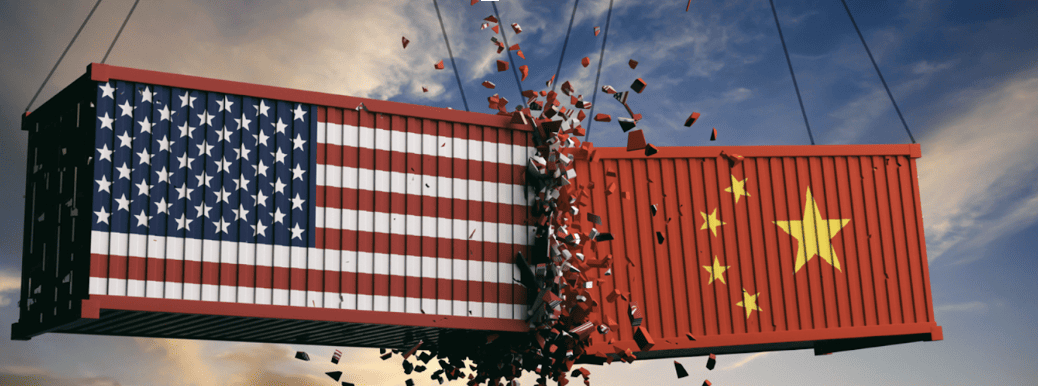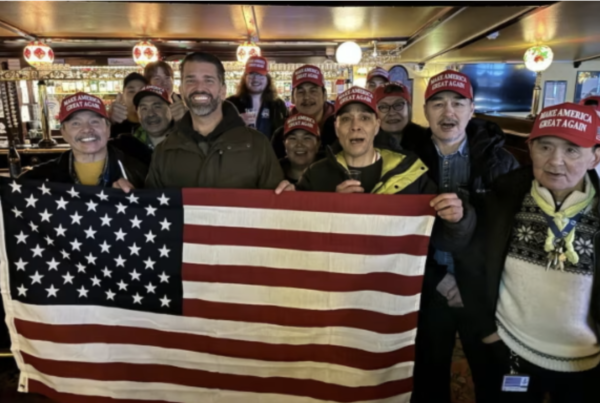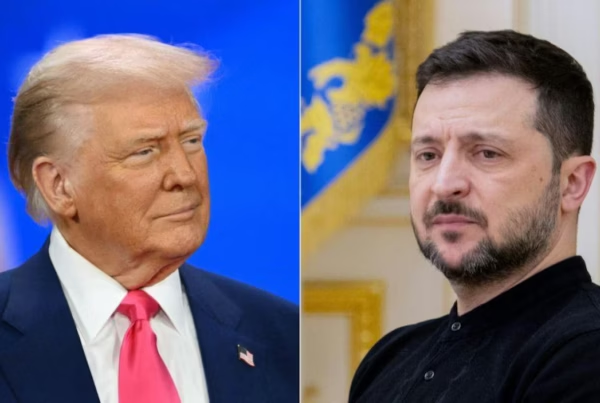
As he took office in 2021, Biden not only inherited the challenge of the Covid-19 pandemic but also, more importantly, a fundamental shift in U.S. economic policy rationale. The Trump administration had broken with long–established neoliberal economic norms in favour of a new protectionist course, imposing trade tariffs on Mexico, the EU, and Canada and initiating a trade war with China. While in the past questions of national security and economic success were treated as entirely separate issues, they are now seen as intertwined, creating a complex new set of challenges.
During his presidential campaign, Biden openly criticised Trump’s protectionism as self-defeating.
His administration has since left behind Trump’s tariffs and his trade war, shifting the focus of its economic policy away from an open competition with China. Instead, it has turned its attention inwards to shore up the domestic economy for international competition. It maintains that U.S. global leadership depends on its primacy within the global economy, a position endangered by a long-standing neglect of its competitiveness after what the White House has called “decades of disinvestment” in areas of infrastructure, the training of skilled laborers, and research and development. To counteract this, Biden is implementing a programme of federal investment aimed at ensuring that the U.S. economy will be able to withstand global competition in the coming decades. And who, if not China, is the biggest competitor of the U.S.?
Although in agreement on their fundamental analysis of Sino-American relations, Trump and his successor draw different conclusions. Trump, under the slogan “America First,” followed a zero-sum logic to contain Chinese competition through unilateral efforts to decouple, which consequently escalated into a trade war. Meanwhile, Biden has taken a more nuanced approach. His policies — also dubbed “polite protectionism” — ostensibly seek to navigate competition with China by ensuring the resilience of American industries.
The Biden administration’s inward focus on rejuvenating the American economy is motivated by a sentiment that is now widespread in DC: that the era of engagement with China is over. Although a complete decoupling from China is neither economically nor politically feasible, a systematic rivalry between the U.S. and China is already well underway, carried out in mainly political and economic settings. As the United States seeks to gain the upper hand in this contest, geopolitical concerns are beginning to influence its economic policy-making, and questions of the economy and of national security are increasingly seen to converge. The Biden administration’s economic policies are therefore an attempt to defend the U.S.’ position as the world’s leading economic power. To achieve this, the Biden administration has invested heavily in infrastructure, such as the increase of federal spending on traditional infrastructure to $1.2 trillion under the Infrastructure Investment and Jobs Act IIJA, as well as the creation and ownership of vital technology. The underlying reasoning is this: if the United States wants to hold onto its position as a global leader, it must retain and defend its position at the forefront of economic development.
Considering the zero-sum interpretation that is now prevalent in Washington, Bidenomics’ attempts to protect domestic industries from foreign competition go further than usual protectionist arguments. In its struggle to find a response to the threat posed by the CCP’s offensive support of Chinese industries — see the 2015 “Made in China 2025” strategy — the U.S. has come to adopt some of the policies it has vehemently criticised for so long, reverting to protectionist measures itself. Outside of this framework of competition as the basis of the Sino-American relationship, however, Biden’s polite protectionism will must still prove itself.
In fact, Biden’s polite protectionism may serve to further undermine U.S. global standing. Still strained by Trump’s isolationism, its relationships with its allies continue to suffer as European and Asian countries begin to implement their own industrial policy programs. Where the Biden administration leads, other countries will follow, potentially bringing about a global spiral of protectionism.
Biden officials, and indeed most U.S. politicians, seem unperturbed by such arguments. Over the past years, a bipartisan consensus has emerged that domestic welfare and prosperity can no longer be discussed in economic terms alone. “The market will always reach the most efficient economic outcome, but sometimes the most efficient outcome is at odds with the common good,” Republican Senator Marco Rubio said in a 2019 speech. U.S. politicians increasingly connect issues of international trade, especially trade with China, with broader questions of American economic welfare, which they understand to be part of a defense of the liberal democratic world order itself. In an era where economic concerns are no longer the sole determinant of economic policy, even Republicans have changed course to support near-Keynesian government intervention to protect American industries against Chinese competition.
Given such bipartisan acceptance of the end of engagement with China, it is becoming difficult for proponents of more moderate dealings with China to even find a political platform. The Sino-American competition is increasingly interpreted by U.S. politicians and economists alike as the systemic clash of rivaling great powers. As such, Bidenomics’ attempts to strengthen and revitalize the U.S. economy are commonly understood as a defence of the liberal democratic world order itself. With these drastic stakes attributed to the Sino-American strategic rivalry by U.S. politicians, it seems as if the tough-on-China attitude is here to stay. And while other, more immediately urgent, crises necessarily attract our attention these days, news items such as the recent U.S. export ban on AI chips to China show that even in the background, this conflict continues to evolve.
Other posts that may interest you:
- Insight into the Warwick Economics Summit: A Discussion on the UK’s Economic System with Sir Howard Davies
- La grève des scénaristes et des acteurs: Hollywood en péril ?
- A forbidden fruit — nourished in shadows,
- Paris, December 21
- At your mercy at the coffee shop
Discover more from The Sundial Press
Subscribe to get the latest posts sent to your email.





